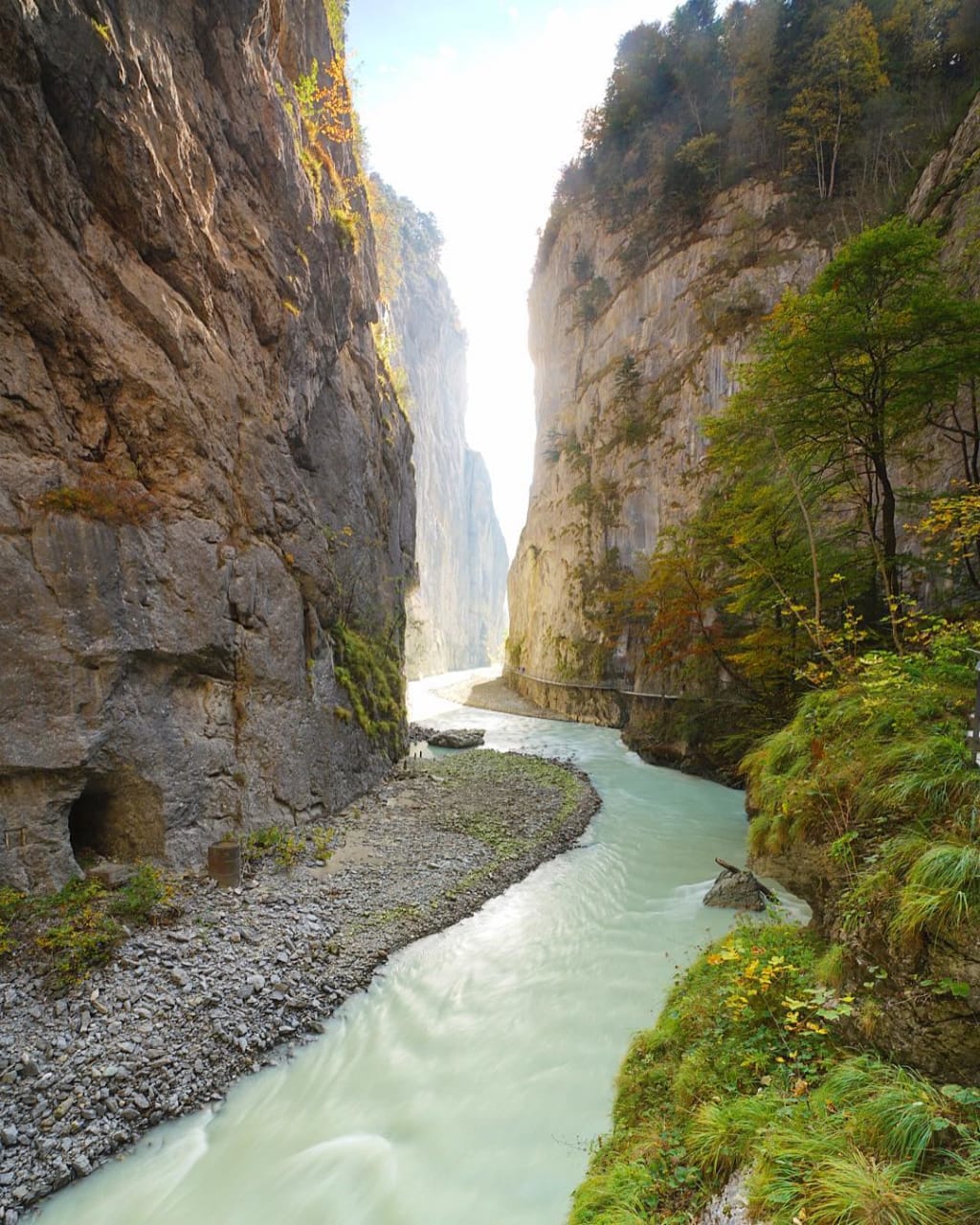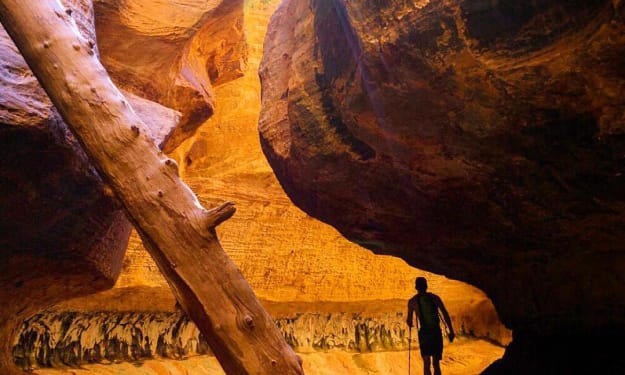
One day in Jakarta, Indonesia, in the mid-1960s, a preteen Barack Obama came home with a lump the size of an egg on his forehead. He had just gotten into a fight with a boy who had stolen his friend's football and was hit in the head with a rock. Feeling wronged and humiliated, Obama found his stepfather, Rolo Soetoro, in the yard and cried to him, "It's not fair." His stepfather soothed him gently and said little.
"What kind of man would you like to be?
A day later, Soetoro showed up with two pairs of boxing gloves and gave one to Obama. "The first thing you have to remember is to protect yourself," Mr. Soetoro said before he began teaching Mr. Obama. "Keep your hands up and your body moving, but keep your hands down so you don't become a target." Obama followed his stepfather's instructions to jump nimbly and learn to swing a fist. But in a moment of carelessness, he forgot to defend, and the cost impressed him. "I felt a hard punch to the jaw, and I looked up and saw Soetoro's face dripping with sweat," Mr. Obama recalled.
Half an hour later, exhausted, father and son went to a tank near a pond to collect water to quench their thirst. Soetoro explained to Obama the real purpose of the boxing lesson -- to teach Obama how to survive in a difficult and dangerous world. "Some men take advantage of other men's weaknesses, and they are like countries. The strong men seize the territory of the weak men. They make the weak work for them. If the weak women are beautiful, the strong will have them as well." In his 1995 autobiography, "Dreams From My Father," Obama recounted this lesson from his stepfather. "What kind of man would you like to be? Soetoro asked Obama.
Mr. Obama did not answer, but over the next four decades, he answered his stepfather's question with his actions. "I remember this very vividly, my stepfather was a good man, and he taught me a lot of things," Obama told Newsweek on August 14. "One of them was his cool analysis of how the world works."
Filling in the Father's "Absence"
When Obama officially clinches the Democratic presidential nomination on August 27, doubts remain about whether he can be tough enough against McCain. Even though he has just picked the famously combative Mr. Biden as his running mate and injected a fresh dose of fight into the Democratic Party, Mr. Obama cannot shake off the stereotype that he is too cerebral, too elitist, and too moderate... To make it hard to beat McCain.
But politics aside, Mr. Obama's personal history suggests that he is a strong man. Obama's father, Barack Obama Sr. was a Kenyan who met Obama's mother, Ann Dunham, a white American, while studying in the United States. The couple married when Dunham was 18. When Obama was a toddler, the elder Obama turned down a scholarship to New York University that would have supported his family, opting instead to pursue a doctorate in economics at Harvard. After graduation, Obama Sr. returned to Kenya with his Harvard classmate Ruth, abandoning the Obamas.
Dunham later married Petroleo Pertamina manager Lolo Sotolo and took 6-year-old Obama to Indonesia with him. Obama spent four years of his childhood there. When Soetoro admonished Obama to "protect yourself," he gained one of the most important lessons of his life. Little Obama learned to arm himself with determination to move into the world he chose to join and control.
As soon as he was in elementary school, Obama showed a natural "leadership style," even though he was a "foreigner" in Indonesia. Since the first grade, Obama has been responsible for maintaining order before entering the classroom, "line up," "line up," and "stand at attention," students also naturally follow his command. One of his female teachers said of the boy: "He always wanted to be first, to be in the front. Psychologically, he has the desire to lead." Sometimes Mr. Obama's friends turn to him to arbitrate when they have a dispute. "He would grab the hand of one friend, grab the hand of another, squeeze them into a handshake and makeup," recalled one of Mr. Obama's childhood friends in Jakarta.
Mr. Obama admits that he does like to call the shots. He remembers being hard on his mother and sister, Maya, as a child. "I scolded Maya for watching TV all night instead of reading the book I had borrowed for her. I also reasoned with my mother that international organizations like the one she worked for and foreign donors created a dependency mentality in third world countries." In a sense, Obama is unconsciously filling the void left by his father's departure, whether for his mother, his sister, or himself.
I was a hooker and a pot smoker
When Obama was 10, his mother decided to send her son back to the United States. Obama returned to Hawaii, his mother's native state, to live with his grandparents. His grandfather, Stanley Dunham, a liberal insurance man, and his grandmother, Madeline, a director at the Bank of Hawaii, took great care of him and sent him to a century-old Hawaiian private school.
But this traditional middle-class American life felt as strange and distant as life in Indonesia, and he felt like "a stranger." Obama became deeply confused about his own identity and led a decadent life. He buys comic books from newsagents on the street, spends hours in front of the TV, or falls asleep listening to the radio. He even hopes to solve his problems with alcohol, tobacco, and marijuana.
"I was an addict as a teenager. I was no more sure of the meaning of life than any desperate young black man. I discovered that I knew both worlds and belonged to neither, "Obama wrote in Dreams From My Father.
The unhappy reunion of father and son
He was also 10 years old when he met his father, whom he had left when he was 2, in Hawaii for the only time in their lives. Though Obama Sr. was not a responsible father, Obama heard stories from his mother and grandparents about his father's talent, charm, and ambition. When Obama Sr. sang African songs at international music festivals, for example, his mother would say, "Your dad sang so well that everyone was fascinated by him."
In Christmas 1971, Obama Sr. followed Dunham to Hawaii to visit his son. An economist, Obama Sr. was invited to speak at his son's school. Mr. Obama reacted to the news not with pride but with fear. He had been bragging to his classmates that he came from a royal family in Africa, that his grandfather was a chief and his father a "prince." "As soon as my grandfather dies, my father will be on the throne," Mr. Obama said. Obama Sr. came from a poor nomadic tribe in western Kenya that herded cattle, lived in earthen houses, and ate corn and yams.
The thought of Obama's "royal blood" falling apart once his father took the podium at school almost broke him. "I can't think of anything worse. All day and all night I imagined the inevitable... My lies were exposed, and then I had to be ridiculed mercilessly by my classmates. Every time I think of it, my whole body shudders as if a nerve had been damaged."
The day came anyway, and instead of introducing his father to the class, Obama sat stiffly in his seat staring up at the blackboard until some time after his father's speech had begun. The elder Obama talked about the wildlife of the African savanna, the traditions of the elders of his tribe, the lion hunting of young boys for a rite of passage, and Kenya's struggle against colonialism and national independence. These topics captivated the audience of students and teachers, and no one seemed to delve into whether he was a "prince." It is not clear how Obama, sitting in the audience, felt about his father's performance, but he did feel a mixture of pride and anger that his classmates were getting as much from him as they were from him.
In addition to his frightening speech, Mr. Obama and his father had one rather unpleasant confrontation. One night, while he was waiting in front of the television to watch a Christmas show, Obama Sr. chose to assert his paternal authority by asking his son to turn off the TV and read a book, and the two began to argue and confront. "After spending a week with my father, I decided I preferred the image of him far away, someone I could fantasize about or ignore when it was convenient," Mr. Obama said. Soon after, the elder Obama departed, and father and son never saw each other again until he died in 1982.
Carrying my father's mistakes and expectations forward
As Obama grew older, he came to know a different side of his over-glorified father. "My father was an alcoholic, a womanizer, and terrible to his children," Mr. Obama said. During his lifetime, Obama Sr. is said to have married four times and had eight children. "I think I'm a serial polygamist who changes wives every once in a while," Obama Sr. once admitted to friends.
Making amends for his father's mistakes may be a powerful motivator in Mr. Obama. "He's a very devoted and loving family man," said Mr. Nesbitt, a friend of Mr. Obama's and the campaign's finance officer. "It seems to me that the absence of his father from a young age had some effect on him. These are contradictory things: Obama is trying to be a good father to his two daughters; On the other hand, his ambition was born of his father's absence."
Obama Sr. was also a man of ambition, even though the Ivy League seemed more important than his wife and children. But as Kenya's first Harvard graduate, he was never given the chance to prove himself, so he resorted to drinking and even beating his wife. In 1982, a frustrated Obama Sr. seemed to be waiting for a chance to show off his talents, with a possible promotion to the chief economist at Kenya's finance ministry. One night, Obama Sr., in high spirits, was driving home after drinking when he crashed into a tree and died.
Though Obama Sr. didn't spend much time with his son in Hawaii throughout his life, he often talked about Obama to those around him and carried a black-and-white photo of him from school in his wallet. Obama Sr. would often point to the photo and proudly show it off to others: "Look at my son."
Obama did not attend his father's funeral but did hold a burial ceremony for his father during a trip to his Kenyan hometown in 1987. "The father and son loved each other," Obama's grandmother in Kenya recalled. "Barack came and we could see the emotion, the bereavement, his head hanging. Out of this love, he came a long way to bury his father." In the interview, Obama said: "A man's life is either about fulfilling his father's expectations or making up for his father's mistakes. For me, it's both."






Comments
There are no comments for this story
Be the first to respond and start the conversation.